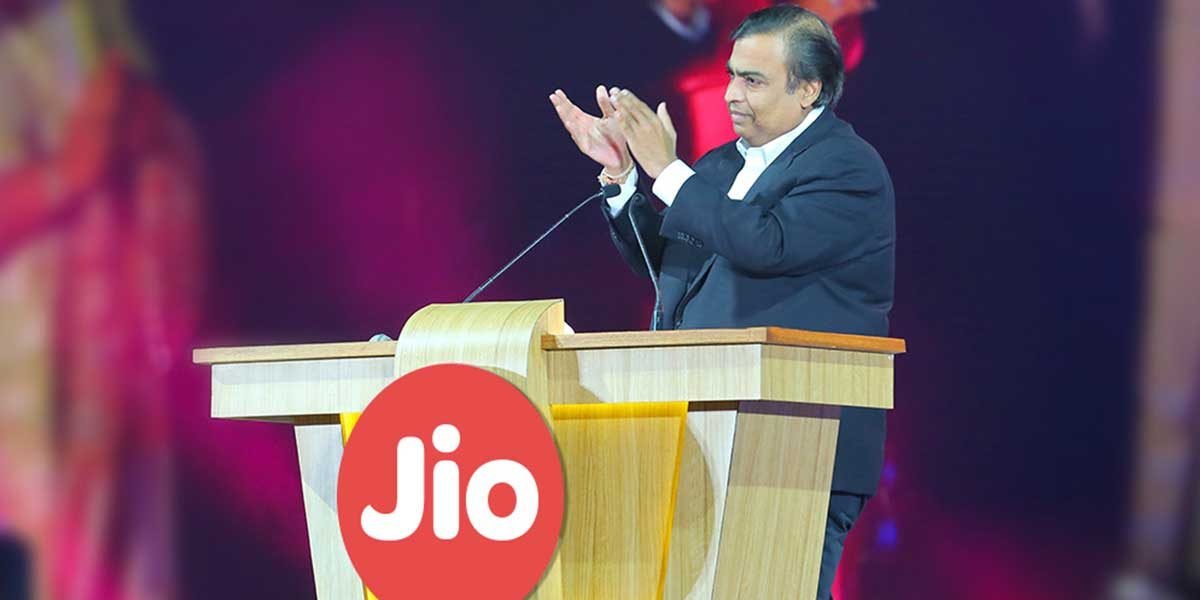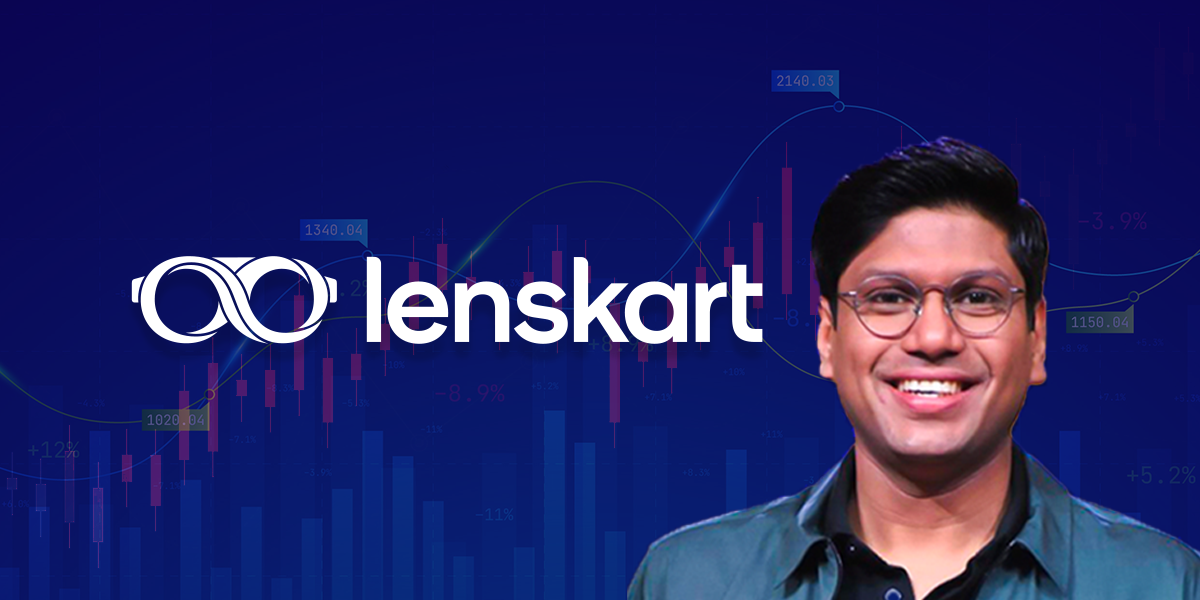Masayoshi Son, founder of SoftBank and SoftBank Vision fund is one of the most ambitious investors on the planet. His $100 billion Vision Fund has been altering the investment thesis with bold bets on Uber, WeWork, OYO and many more.
After choosing several leaders (or Unicorns) in various categories, Son seems to be interested in picking up a stake in Indian telecom disruptor – Reliance Jio.
SoftBank’s Vision fund is reportedly carrying out due diligence to buy a stake in Reliance Jio Infocomm. The fund may invest $2-3 billion in the telecom company if all the pieces fall in place.
RIL, the parent company of Reliance Jio Infocomm, shares gained 1 per cent in early morning trade in Indian bourses as the market got wind of the development. The spokespersons of Reliance Industries and SoftBank have so far not commented on the development.
Given that SoftBank doesn’t command any significant chunk in any leading e-commerce player at the moment, Reliance could be its bet which is ramping up for a mega e-commerce launch soon.
By investing in Jio, SoftBank would get exposure to telecom, technology, and e-commerce.
Masayoshi Son’s Vision Fund has set its eyes on the technology-driven scalable businesses and Jio, with its aggressive approach towards scaling up operations, appears to be a suitable choice for SoftBank’s next investment.
With 460 million internet users, India remains the second largest online market globally and is now the fastest-growing e-commerce market in the world — which means it holds huge potential for the Vision Fund’s wider ecosystem.
Jio launched its disruptive fourth-generation telecom services in September 2016. In a matter of two years has become India’s third-largest telecom company with highest monthly subscriber additions.
Reliance plans to give an aggressive push to its e-commerce venture in line with Mukesh Ambani aim to generate half of the group’s revenue from the consumer businesses over the next 10 years. Currently, 80 per cent of the group’s sales come from its traditional oil and gas business.
The development was reported by ET.














